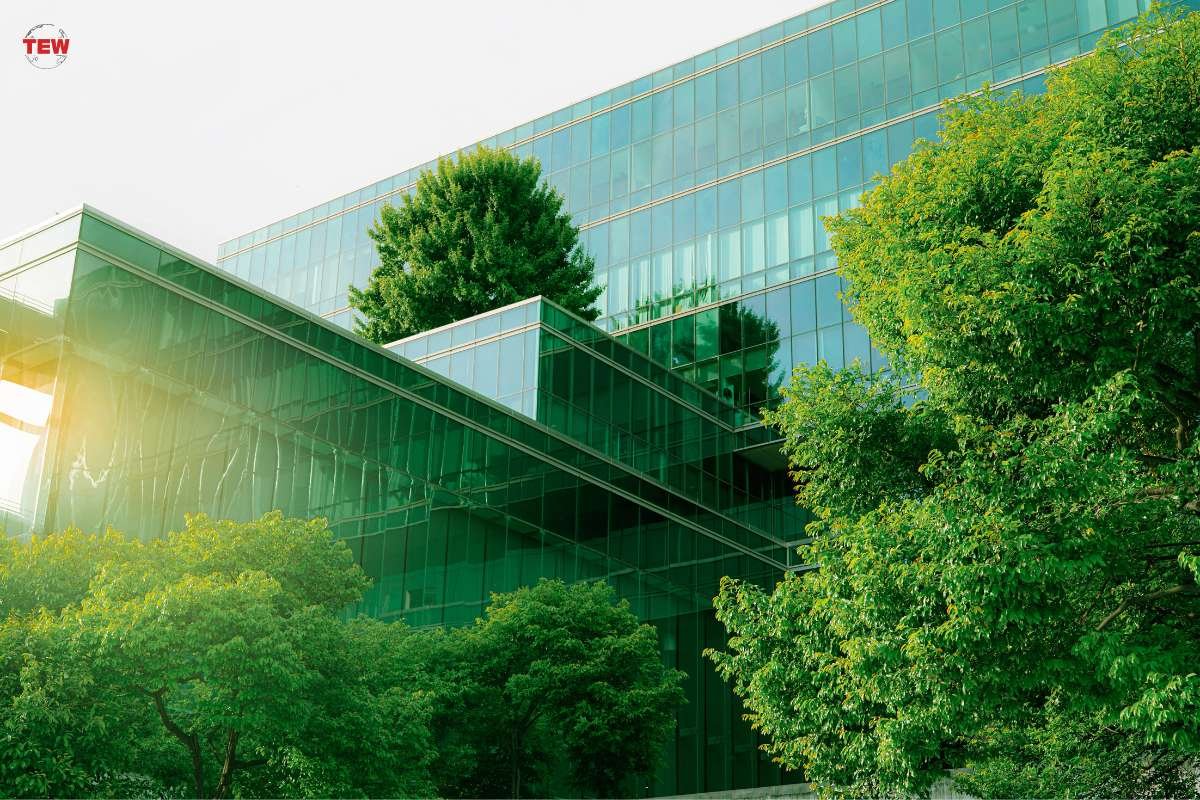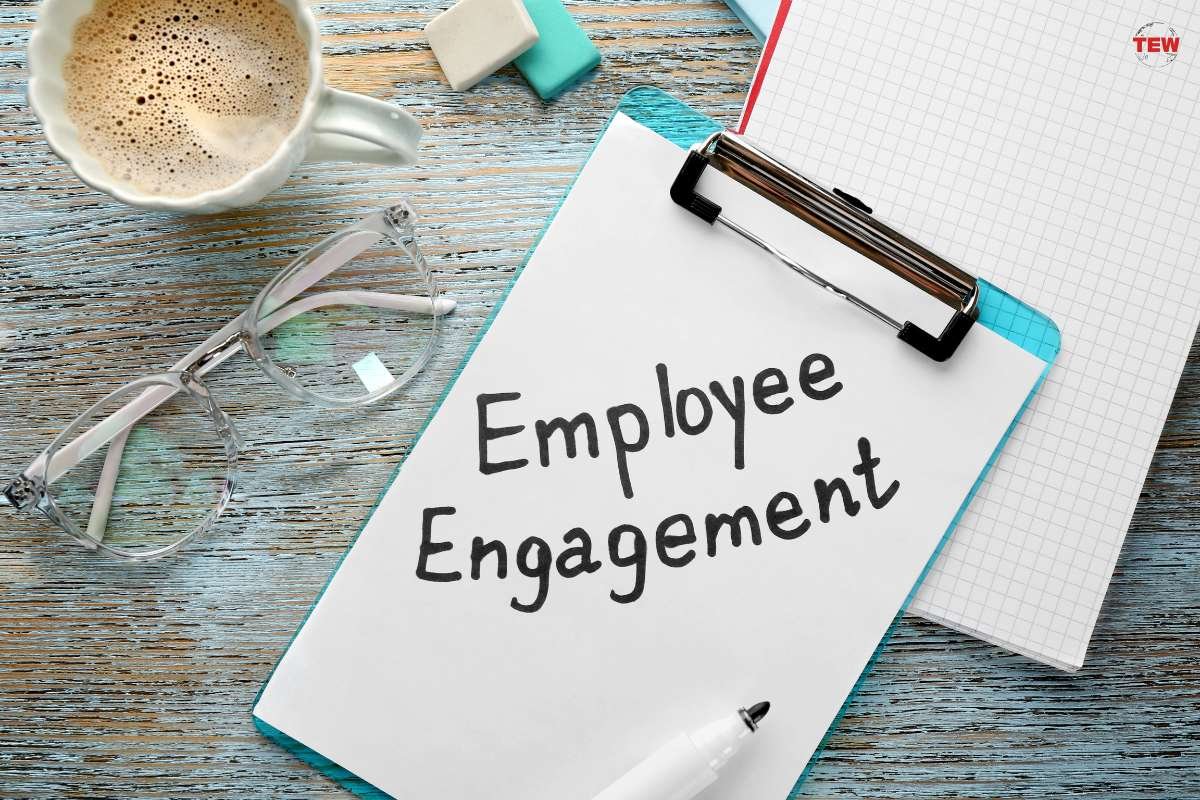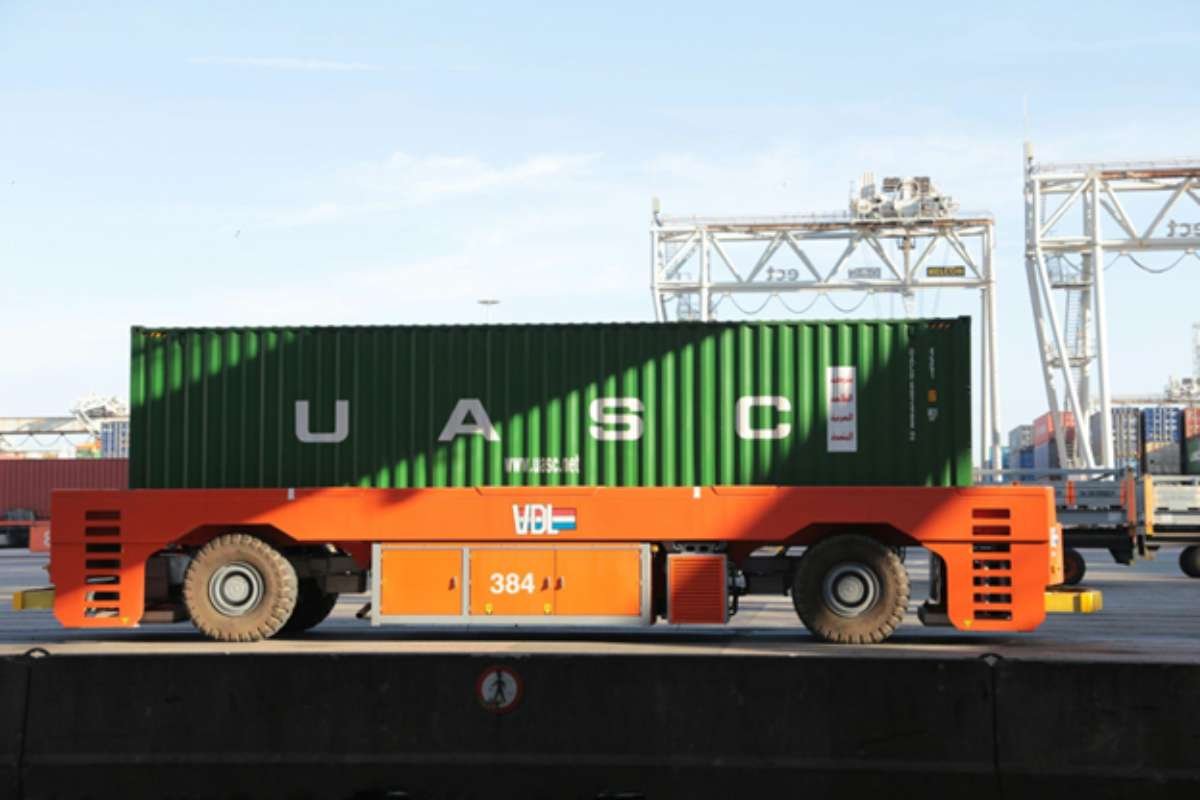The fear of a recession coming around the world is creeping into each and every business in the world. Unfortunately, experts warned about the possibility of a recession occurring in 2022, and now it’s expected to start in the second half of 2023. So maintaining sustainable corporate approach is important.
But why is everyone scared of a recession if we’ve already been through similar experiences? Well, if we look at the previous occurrence in 2009, we can see that GDP declined, unemployment rates increased, and the housing market went into shambles. The difference this time is that uncommon inflation spikes were triggering the event, and it’s expected for multiple banks to find themselves failing.
Although the majority of workers and citizens will be affected, we can’t help but wonder how businesses can maintain a sustainable corporate approach when the world is going down. Considering the aggravating expected condition of employment, sustainability issues will fall second place as a priority. The problem is that without an ecologist approach, people’s health, as well as the planet, will be affected, and this event can hasten the power of greenhouse gas emissions.
Let’s see how businesses can maintain a sustainable corporate approach:

1. Using the SDGs as a guideline
In times of hardships, companies can closely follow the 17 Sustainable Development Goals from Agenda 2030, where there are clear statements on what contributions are leading to a better world. Depending on your company’s culture, you can choose a few specific goals to achieve, such as promoting well-being for a target audience, achieving gender equality or ensuring access to green energy.
The UN Global Impact also devised the Ten Principles on labour, environment and human rights, so you can choose to mitigate one of these sectors to commit adequate acts towards sustainable corporate approach. However, these guidelines are broader, meaning you need to adapt them to your company by widening the purpose of the goal. For example, goal 11 discussed the importance of making cities more resilient and sustainable, which includes targets like ensuring access to safe and affordable services, disaster risk management and implementing integrating policies. After settling on a few goals, research what you can contribute, from mitigating sustainable corporate approach or recycling, for which you can learn more as the project develops.
2. Maintaining employee engagement
During tough times for business, it’s easy to forget that employees are the most affected. From increased prices for basic products to cut-offs, workers are unable to face all difficulties in a short time, which only determines them to find another job. Therefore, understanding why your team needs to be protected is the first requirement for your company to withstand a recession.

You may consider approaching a few strategies, like motivating employees with additional bonuses besides monetary compensation, such as providing a more flexible schedule (remote or hybrid working hours). You should also prioritise mental health more and check in with everyone regularly. The company can prepare an employee assistance program to offer help with complex tasks when they need immediate guidance so they don’t feel overwhelmed.
During a recession, when uncertainties are rising, your business needs to shift its focus from the profit because you can’t force employees to work until they get into burnout. After all, productivity levels will drop at some point, and all you’ll be left with are resigning papers. One of the worst things for a company is when there’s no one left to work with, which you need to realise before pumping mild working hours to keep productivity rising.
3. Working with what you have
In times of recession, pandemic or economic struggle, the best thing to do is develop the products, services and approaches you already have. There’s no time for new things and innovation, as the steps to implement something new are time-consuming and will cost you more than what you’ll sell.
Of course, this doesn’t mean you can’t create a unique product if there are opportunities. During the pandemic, companies that made sanitary products were peaking, so depending on the social and economic situation, you can take advantage of what people and other businesses really need. Track what’s happening in the market and take some time to analyse what’s missing. Depending on the data acquired, you can make the right adjustments to what you already offer.
Luckily, targeting only sustainable corporate approach will help eliminate the numerous alternatives you have, which enables you to make better decisions. You already know to prioritise recycling, green materials and practices to enhance the features of your workspace, so this will help you focus better on your current resources.
4. Seizing the moment
Unfortunately, a recession can’t be timely measured, so there’s no fixed beginning or end, and what happens between these periods isn’t linear either. As a business, you must always be on your watch and seize the moment in which you can act for maximum productivity and revenue.

Customer behaviours change considerably in times of misfortunes, which you may not be able to forecast, but you can still assess it with the help of the media. Almost every second, another written article and breaking news are released on how people act towards the current system, which you can use to adapt to your sustainable goals while being mindful of what is required at that moment.
However, this tactic needs to be implemented to avoid overworking. You may want to change the shifts, start early in the morning, and let your team be free for the rest of the day or work later at night. It’s best to discuss with your employees to find a suitable move for everyone because only this way you may be able to increase productivity, or at least keep it at a minimum level and still operate.
Bottom line
Dealing with a recession when you want to prioritise sustainability may be difficult, as this is one of the last things people remember in times of hardship. But if your team is willing to cooperate, you can bring balance and maintain sustainable corporate approach for your business even when economic difficulties challenge the world.






